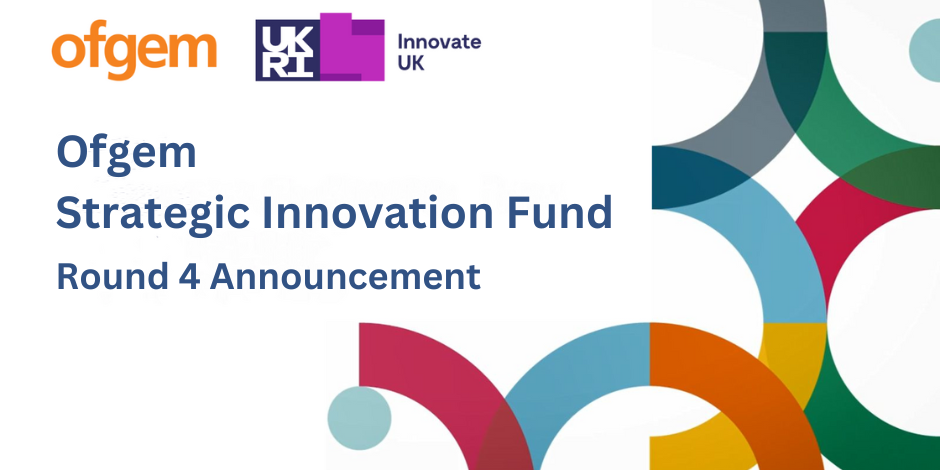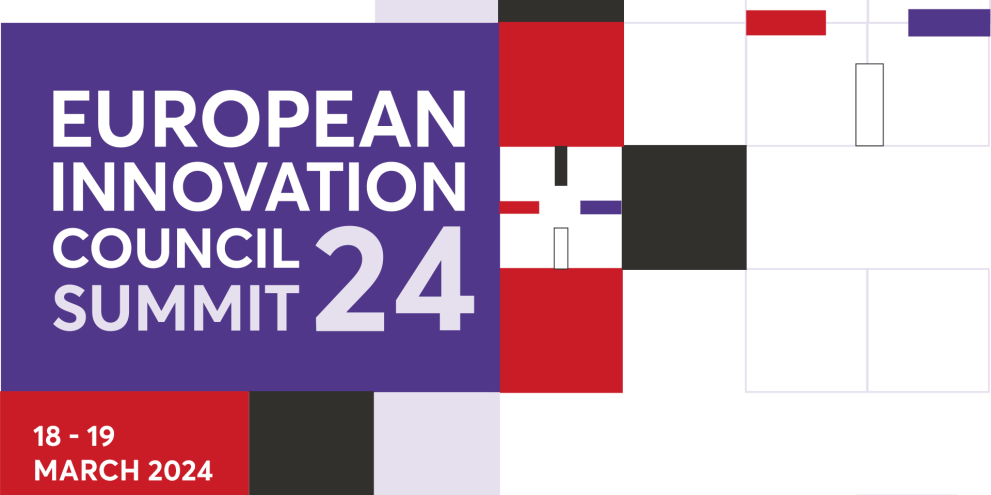What does Innovate UK mean by “eligible costs”?
Prospective grant applicants often ask what Innovate UK means by eligible costs, as this phrase features in most, if not all, Innovate UK competition descriptions. For example, they state that a Smart Grant project that lasts 6 to 18 months “must have total eligible project costs between £100,000 and £500,000.”
Eligible project costs relate to direct research and development expenditure. For non-academic organisations, there are seven types of cost:
1. Labour costs
In this section, you should provide details of all employed staff working directly on the project. They should be on your payroll and subject to PAYE. Innovate UK then needs to establish the day rate for your staff; this is calculated by the number of working days per year minus bank holidays and your organisation’s annual leave entitlement. They will also need to know the length of time your organisation will be working on the project.
If you do not have a company PAYE scheme, you can still include your labour as an eligible cost. Please see UKRI for more information.
2. Overheads
Innovate UK offers three options for calculating overhead costs:
- No overheads
- 20% of labour costs – this is the standard option and allows you to claim 20% of your labour costs as overhead
- Calculate overheads – you will need to complete calculations for claiming direct and indirect overheads. Please note that Innovate UK will review this claim if your application is successful
3. Materials costs
You can claim the costs of materials for your project that you have purchased from third parties.
4. Capital usage
This section covers the usage costs of capital assets. They will need to meet the following criteria:
- Have a useful life of at least one year
- Be stand alone, clearly definable, and moveable
- Conform to your organisation’s capitalisation policy
5. Subcontract costs
You can claim costs relating to work conducted by third party organisations.
6. Travel and subsistence costs
You can also claim reasonable travel and subsistence costs for staff working on the project (i.e., those identified in the labour section).
7. Other costs
Lastly, this category is for any direct project costs that have not been covered in the other categories. For example, this may include workshop or laboratory usage charge-outs, training costs, preparation of technical reports, market assessment, licensing in new technologies, patent filing costs for new intellectual property, and regulatory compliance costs (if necessary to carry out your project).
More Information
You can find a full breakdown of eligible costs and the information you need to provide in UKRI’s costs guidance for non-academic organisations.
If you are looking for further support with an Innovate UK application, we’d love to hear from you! Please contact us to arrange a free consultation.


